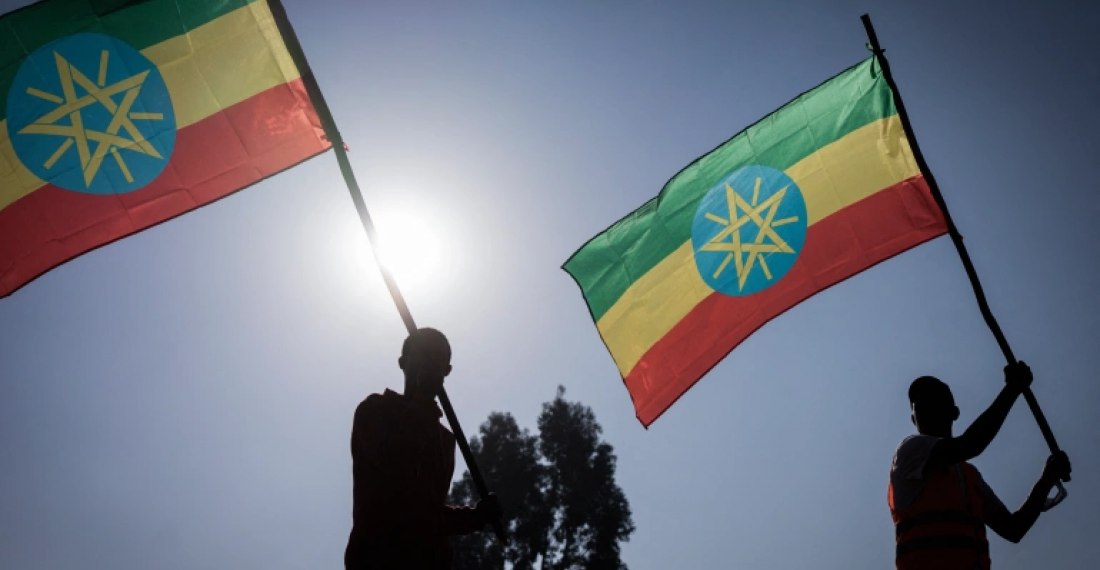The Ethiopian government stated on Monday (17 October) that they will begin seizing airports and other key institutions in the north of the region that is currently under the control of Tigray rebel forces. Although the government is firm in these objectives, it stated that it was committed to a peaceful resolution of the conflict through African Union-led peace talks.
The Ethiopian government along with the Eritrean army have been fighting the Tigray forces since 2020. The conflict has killed thousands of civilians, forcing many to migrate while the remaining thousands in the Tigray region face possible famine.
While the African Union has urged for a ceasefire and for humanitarian aid to resume, the Ethiopian government asserted that it would continue to carry out “defensive measures” as the Tigray People’s Liberation Front (TPFL) continues to conduct attacks. The Tigray authorities stated on Sunday (16 October) that they will abide by an immediate truce given the “humanitarian catastrophe” that is unfolding.
The conflict between the two parties is rooted in tensions over the balance of power between regions and the central state power. While the state wants to maintain its authority, regions such as Tigray want more autonomy. The conflict ignited again in August after months of ceasefire, with both parties blaming each other for breaking the ceasefire.
Although peace talks were supposed to begin earlier this month in South Africa, they were delayed, and no new date was proposed. Both parties claim they want a peaceful resolution, however neither appear to have made substantive steps in this regard.
Concerns were raised after the Ethiopian government and the Eritrean troops launched a joint offensive in northwest Tigray in Shire, a city of approximately 100,000 people. UN chief Antonio Guterres, the United States and other Western powers have voiced alarm over the violent conflict and called for a peaceful settlement.
Other US officials such as Samantha Power, the head of the development agency USAID, and Mike Hammer, Washington’s special envoy for the Horn of Africa, have also called for the violence to stop and have condemned the involvement of the Eritrean military. Hammer argued that the involvement of Eritrea complicates matters, and that Eritrea should withdraw its army out of respect for Ethiopia’s sovereignty, as should any other actors who fuel the conflict.







